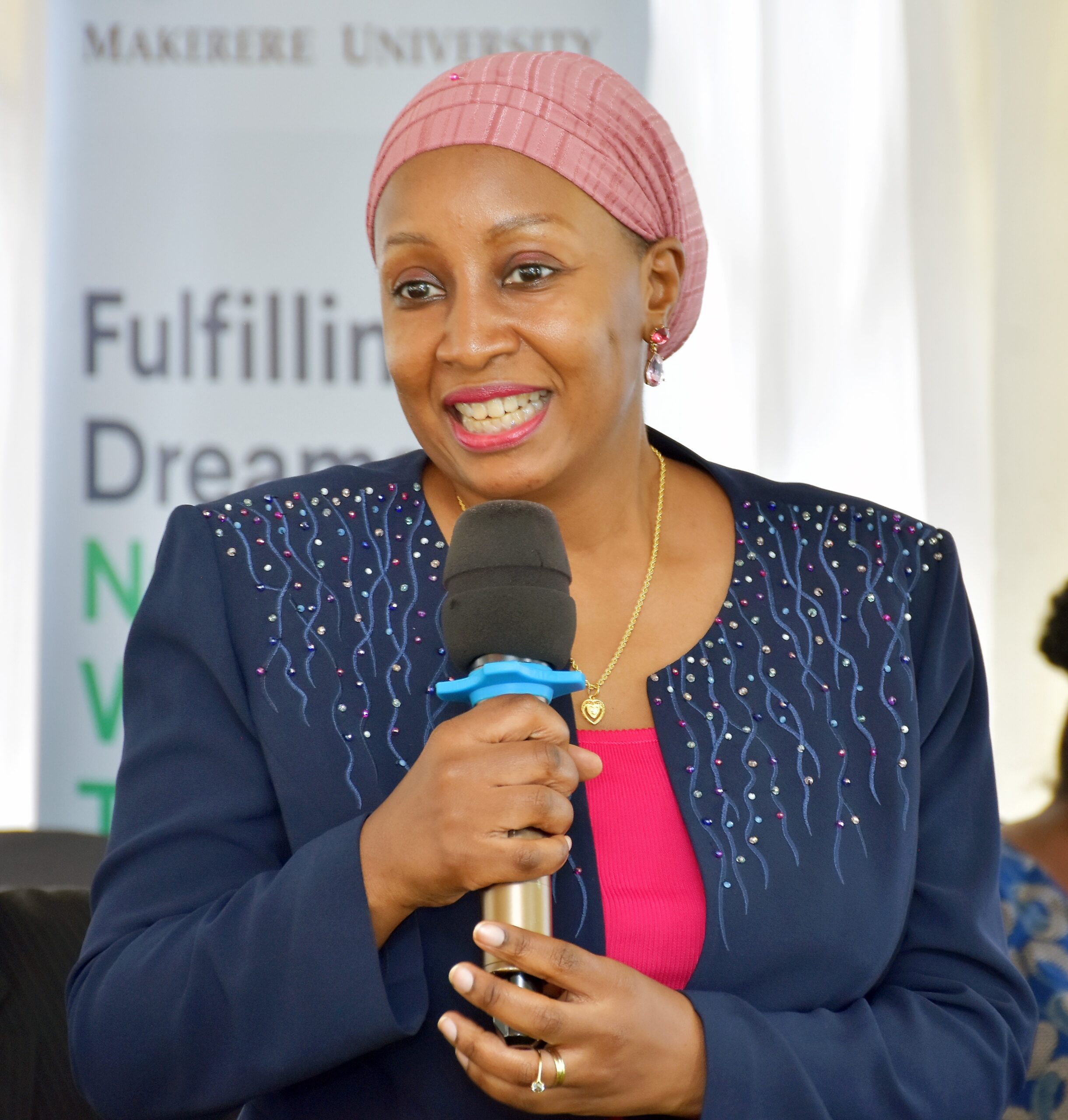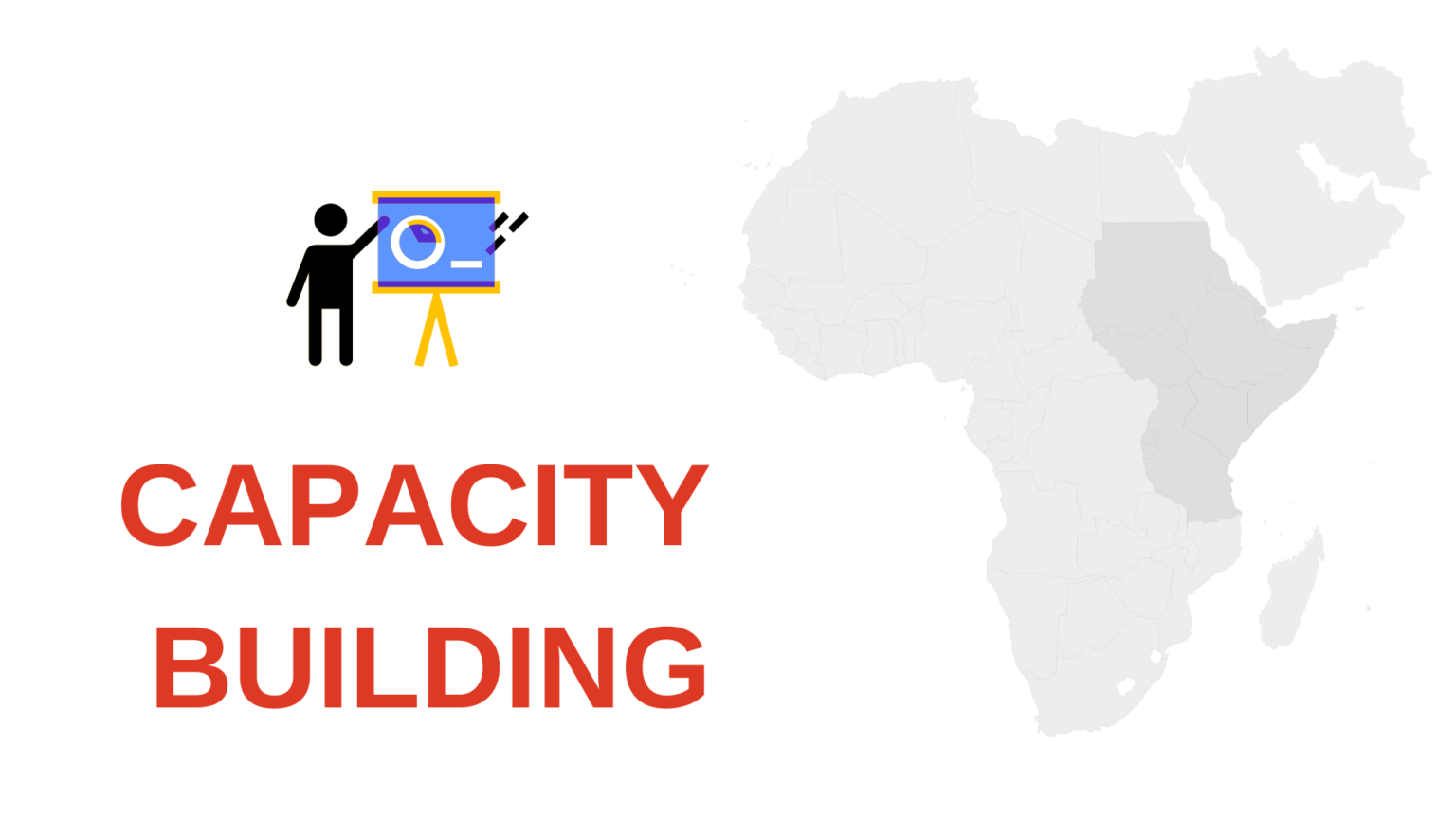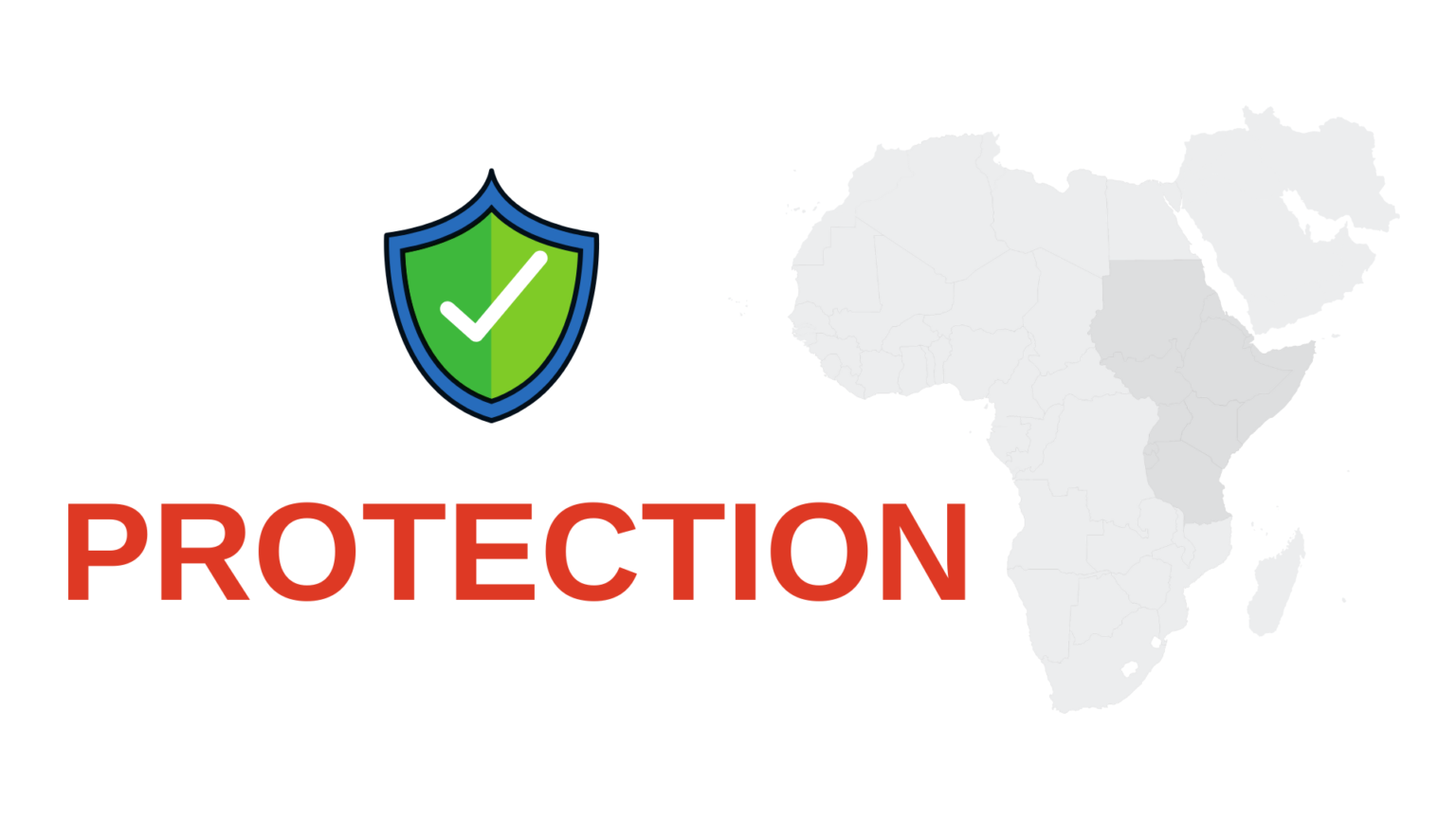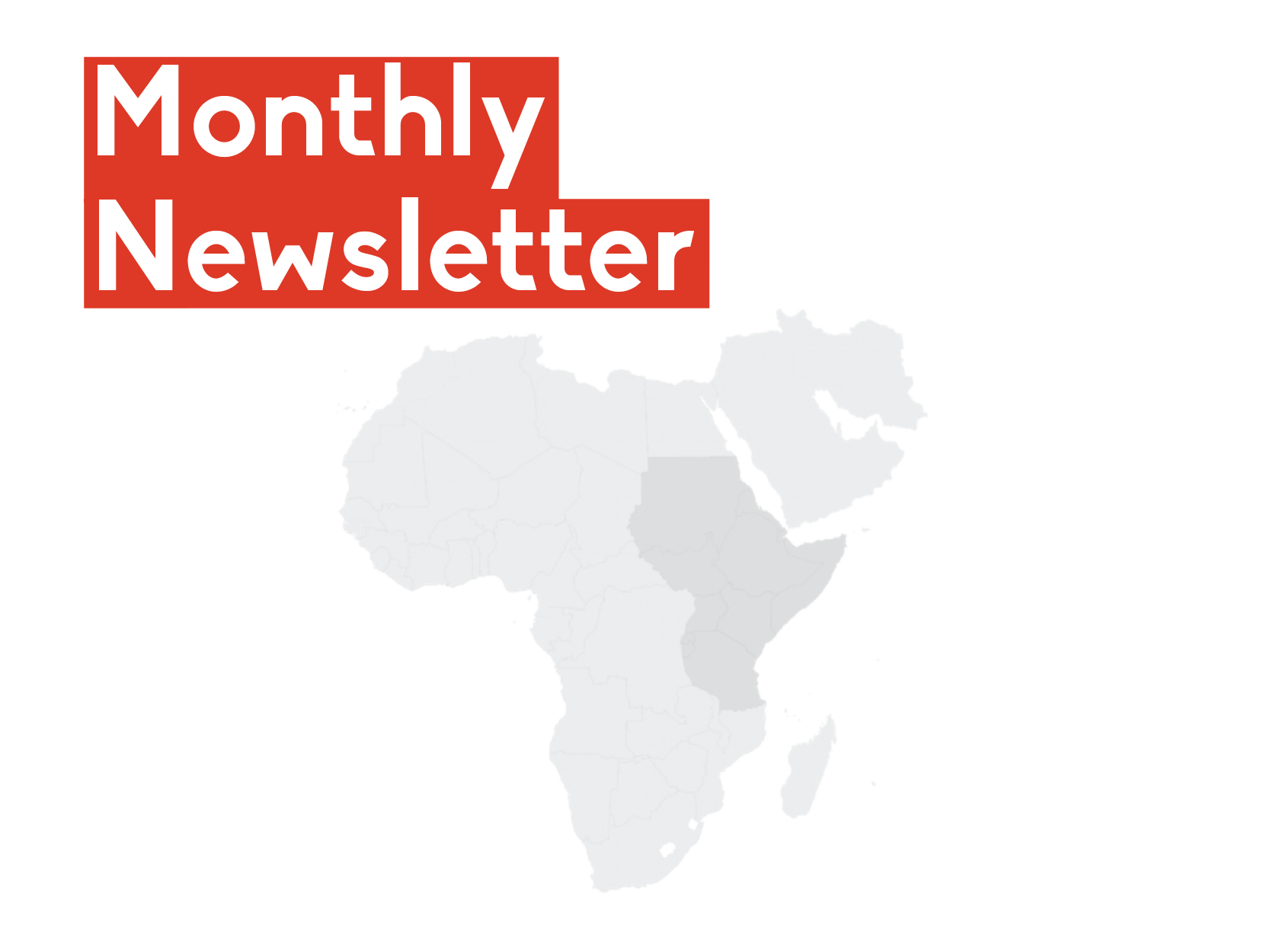Hello Friends,
In the just concluded 58th
session of the UN Human Rights Council Session (HRC58), our advocacy efforts focused on the extension
of the mandate of the existing investigative mechanism, the UN Commission on
Human Rights in South Sudan (CHRSS). During the session,the CHRSS presented its
report.
On the 2 April, a strong resolution
in line with civil society expectations was passed at the initiative of core
group (UK, Norway, Albania, Ireland. It
enables the CHRSS to pursue its work for at least one year as South Sudan is
facing a risk of relapse into chaos. Indeed, the country has been on the brink
of relapse into large-scale civil war. Heavy fighting in several parts of the
country and escalating tensions in Juba are threatening to nullify the 2018
revitalised peace agreement.
This resolution reflects a
critical acknowledgment of the ongoing human rights violations, entrenched
impunity, and fragile peace process in South Sudan. With the country preparing
for its first-ever national elections, independent scrutiny and documentation
of human rights abuses are more vital than ever. The CHRSS plays an
indispensable role in ensuring that victims’ voices are heard and that evidence
is preserved for future accountability.
This month, I took time to reflect
on the atmosphere in which the 58th session of the Human Rights Council (HRC58)
unfolded one marked by mounting
attacks on multilateralism. The session, held from 24 February to 4 April 2025,
saw the adoption of over 30 resolutions amid increasing pressure on civil
society. The withdrawal of the United States, Israel, and Nicaragua from key UN
forums delivered a significant blow to global human rights dialogue, and the
reduced presence of states this time round was particularly noticeable. These
exits, along with shifting donor priorities and funding cuts, significantly
hindered the ability of civil society actors to engage meaningfully in this
session.
Beyond conventional advocacy, we
continue to harness the power of art as a tool for resistance and expression.
Despite facing censorship, cultural restrictions, and digital challenges,
African artists remain unwavering in their activism. In May, our Ttaala Program
will expand to West Africa, equipping artivists with the tools and knowledge
they need to protect themselves and amplify their advocacy through their
creative work.
As always, DefendDefenders
remains steadfast in its commitment to protect those who risk their lives for
freer civic spaces. I invite you to turn the pages for details of our
engagements this month and encourage you to join us as we look to the future with
renewed dedication.
Hassan Shire
Executive Director, DefendDefenders
Chairperson, AfricanDefenders
Human Rights Defender of the Month: Dr. Zahara Nampewo

Dr. Zahara Nampewo is a prominent
Ugandan human rights lawyer, academic, and gender justice advocate with over
two decades of experience in legal education, public interest litigation, and
social justice. She currently serves as the Deputy Principal at the School of
Law, Makerere University, and has been the Treasurer on the Board of
DefendDefenders since 2019. Widely regarded as a thought leader across Africa,
Dr. Nampewo is known for her expertise in academia, gender equality, access to
justice, and governance.
Reflecting on DefendDefenders’
journey, she shares: “It
is amazing how DefendDefenders has grown, emerging from a seemingly small but
original idea of working with HRDs at a conference in 2005. I see the growth
not only through the numbers of staff and programmes but also the geographical
areas of operation, as well as the numbers of people in need that have been,
and continue to be, reached. This journey, as I observe it through the
different spaces that I share with DD, is unbelievably phenomenal!”
Dr. Zahara Nampewo was born and
raised in a devout Muslim family in Kampala, where she began her academic
journey at Kitante Primary School. One memory that remains vivid from her early
childhood dates back to Primary three, during an Eid celebration in 1984. As
was her family’s tradition, she stayed home to attend prayers at the Kibuli
Mosque, an occasion she fondly describes as their version of Christmas. After
prayers, the family would typically go out for a treat before returning home to
share a special lunch. However, at the time, Eid was not recognised as a public
holiday, and school continued as usual. When she returned to school, she was
punished for her absence, an experience she recalls as deeply unfair and
formative in shaping her early awareness of exclusion and injustice.
In the secondary school she later
attended, Dr. Zahara Nampewo found a more inclusive environment that was
respectful of her Muslim faith, with the administration making necessary
accommodations. When it came time to choose her path for university, she opted
to pursue law, drawn by her strong performance and interest in the arts particularly in reading, writing, and
critical analysis. “I was naturally good at reading large volumes of books and
writing,” she recalls a skillset
that would later define her future in law and academia.
Dr. Zahara Nampewo graduated with
distinction from Makerere University School of Law in 1998, earning a place
among the top of her class. As was customary for outstanding students, she was
offered the opportunity to teach. She did briefly, however, proceeded to enrol
at the Law Development Centre (LDC), where she completed her Diploma in Legal
Practice in 1999. That same year, she began working formally with the
Foundation for Human Rights Initiative (FHRI), a pivotal step in her growing
commitment to human rights advocacy.
Updates from DefendDefenders

Between 30 April – 2nd May 2025, DefendDefenders carried out follow-up
visits to the organisations that were trained in security management in August
2024 in the Albertine region, which brought together ten (10) individual HRDs
from seven (7) organizations that include Agency for Integrated Development
(AID), Comfort Community Empowerment Network (COCENET), Action for Community
Empowerment Uganda (ACEU), Lake Albert Children Women Advocacy and Development
Organisation (LOCWADO), Hoima Forum for People Living with HIV Network (HOPLA),
Alliance for Change Foundation and Hoima Network of Child Rights Clubs
(HONECRIC). The follow-up visits aimed at assessing the implementation of the
organizational security plans while identifying the gaps faced from the
previous training. This follow-up also aimed at spotting the organisations that
will participate in the Training of Trainers and MDR-Kobo Toolbox.
On 28 and 29 April 2025,
DefendDefenders conducted needs assessment visits to selected organisations in
the western region of Uganda. The mission engaged eleven individual HRDs from
five organisations: Local Sustainable Communities Organization (LOSCO), United
Organization for Batwa Development in Uganda, Hope for Peaceful Families
Foundation, Malteza International, and TPO. The primary objective of the
assessment was to evaluate the organisations’ needs and capacities in relation
to monitoring, documenting, and reporting (MDR) human rights issues within the
region.
From 29 April to 1 May 2025,
DefendDefenders participated in the 2025 edition of the Digital Rights and
Inclusion Forum (DRIF25), held in Lusaka, Zambia, under the theme “Promoting
Digital Ubuntu in Approaches to Technology.” Organised by Paradigm
Initiative (PIN) and its partners, DRIF has, since 2013, served as a premier
platform for shaping digital policy in the Global South, bringing together
stakeholders from government, civil society, academia, media, the tech industry,
and the private sector to discuss critical issues such as internet access,
online freedoms, digital inclusion, and privacy. As part of our engagement,
DefendDefenders provided an in-person digital security helpdesk throughout the
event, offering support to participants on securing mobile devices (including
security scans), improving account protection through strong passwords and
two-factor authentication, and addressing general cybersecurity concerns raised
by activists and other delegates.

DefendDefenders concluded the
58th session of the UN Human Rights Council (HRC58), which ran from 24 February
to 4 April 2025, with the adoption of a strong resolution on South Sudan an outcome that aligns with civil
society expectations. Given the country’s volatile situation, the resolution
passed with broad support. We welcomed this development and called on all
stakeholders to give South Sudan the urgent and sustained attention it
requires.
From 28 to 30 April 2025,
DefendDefenders and AfricanDefenders supported the participation of eight human
rights defenders (HRDs) from Sudan, Ethiopia, South Sudan, Algeria, Burkina
Faso, Egypt, Nigeria, and Tunisia at the Forum on the Participation of NGOs in
the 83rd Ordinary Session of the African Commission on Human and Peoples’
Rights, held in Banjul, The Gambia. The HRDs engaged with the year’s theme, “Justice
for Africans and People of African Descent through Reparations,” exploring
how reparative justice can serve as a transformative tool for addressing
historical injustices and advancing human rights across the continent. Through
panel discussions, special interest groups, and collaborative dialogue,
participants developed strategies to confront the lasting impacts of
colonialism and enslavement, promote accountability, and empower affected
communities. The HRDs further used the platform to raise country specifc and
thematic human rights issues affecting their respective countries.
From 8 to 10 April 2025,
AfricanDefenders’, participated in the 2nd Copenhagen People Power Conference
hosted by ActionAid Denmark together with other partners. This global gathering
brought together leaders from social movements, progressive government actors,
donors, UN agencies, academics and activists to reflect on how to strengthen
the role of social movements in advancing justice and peace. The conference
focused on practical strategies to enhance the prevention and resolution of
violent conflict by recognizing the critical role grassroots movements play in
creating long-term, positive change. It also served as a platform to strengthen
collaboration with other stakeholders committed to supporting these
efforts.

In April, DefendDefenders received a total of 60 emergency assistance requests from HRDs at risk in the region. Of these, 27 (45%) were supported through the requested interventions, indirectly benefiting 155 individuals.
Additionally, 18 requests (30%) were declined due to limitations within the organisation’s mandate, while 6 requests (10%) were referred to other protection service providers. The remaining 9 requests (15%) are currently undergoing the vetting process.
Country Updates:
COUNTRY SITUATION
TANZANIA
On 9 April 2025, police officers
arrested Tundu Lissu, leader of Tanzania’s main
opposition party, CHADEMA, after holding a political rally in Mbinga
town, southwest of Tanzania.[i]
Police used excessive force, including firing teargas and shooting in the air
to disperse his supporters who gathered around during the arrest. The following
day, authorities charged Lissu with treason, a non-bailable offence, over a
social media post he published on 3 April calling for a boycott of the upcoming
elections, which he alleged would be rigged. The state also charged him with three
counts under Tanzania’s cybercrime laws for allegedly publishing false
information. In a YouTube video posted on 3 April, Lissu claimed that police
had participated in electoral malpractice on orders from the President
following the November 2024 local elections. He also alleged that the judiciary
lacks independence and operates under pressure from the ruling party.
Authorities denied Lissu the right to enter a plea on the treason charge, but
he pleaded not guilty to the publication-related offence and is scheduled to
appear in Court again on 24 April. His lawyer, Rugemeleza Nshala, denounced the
charges as politically motivated, pointing to a broader crackdown on dissent
ahead of Tanzania’s 2025 general elections.
On 12 April 2025, Tanzania’s Electoral Commission disqualified the main opposition party, CHADEMA, from participating in the
upcoming presidential and parliamentary elections scheduled for October 2025.[ii]
Ramadhani Kailima, the Commission’s director of elections, claimed that CHADEMA failed to sign a mandatory
code of conduct by the deadline, effectively barring it from all electoral
processes, including by-elections, until 2030. The exclusion of CHADEMA has sparked widespread
outrage among HRDs and opposition voices, who condemned the move as part of an
escalating crackdown on political dissent under President Samia Suluhu Hassan’s
administration. Civil society actors continue to raise alarms over patterns of
repression, including enforced disappearances and unlawful killings targeting
critics of the government.
UGANDA
On 11 April 2025, High Court Judge Rosette Comfort Kania denied bail to Ugandan opposition leader Dr. Kizza Besigye and his aide Hajj Obeid Lutale, citing the gravity of the treason charges against them and the risk of interfering with ongoing investigations. This decision came despite the two having met all standard bail conditions and presented credible sureties. Dr. Besigye was arrested on 6 November 2024 in Nairobi Kenya and controversially transferred to Uganda, where he was charged with allegedly seeking foreign military support to destabilise the government. The case has drawn widespread concern from civil society and human rights observers, who view the proceedings as politically motivated and part of a broader pattern of state repression targeting critics of the government.

